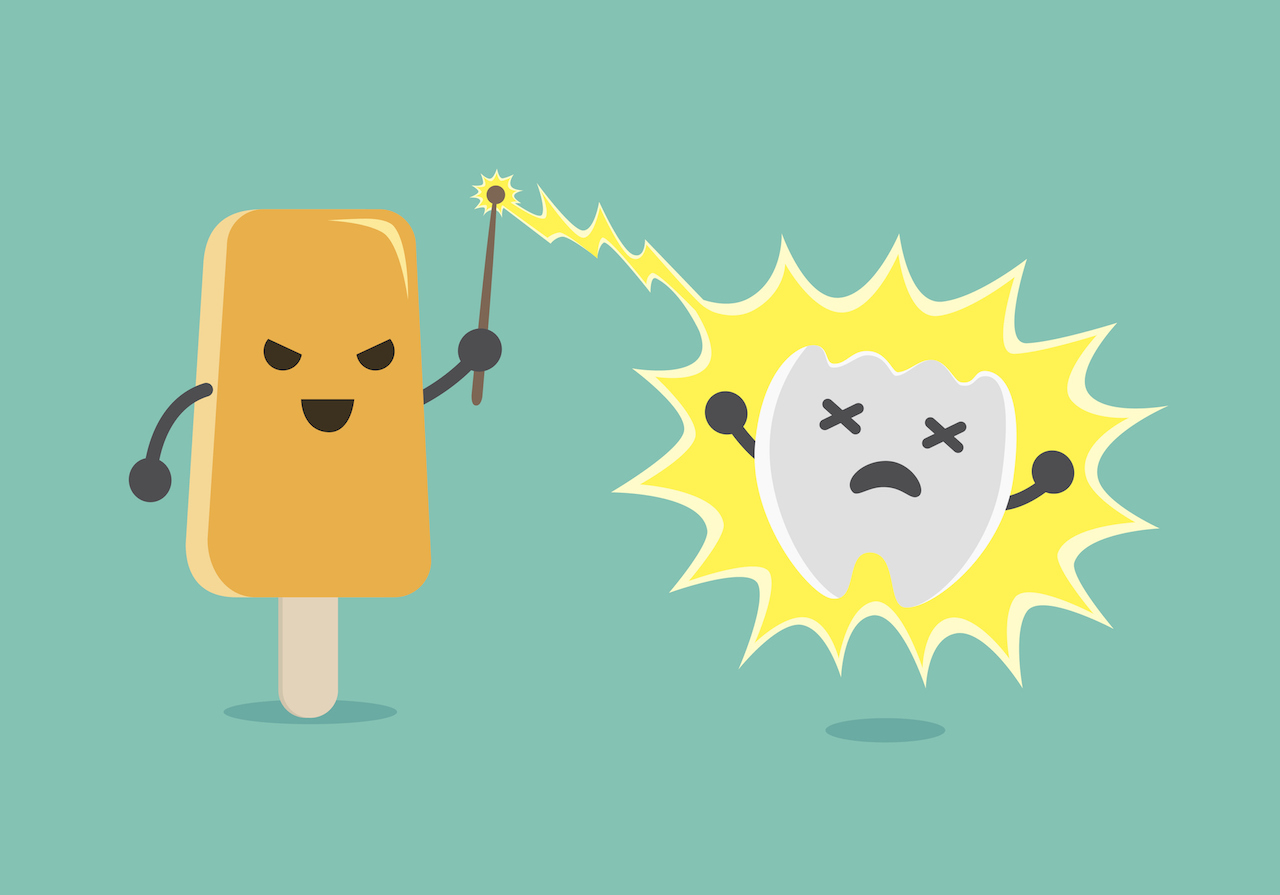You’ve been craving your favourite drink all day and when you finally take your first sip, a jolt of pain shoots through your mouth. Ouch! Your mouth has been sensitive lately and you don’t know why. It could be tooth nerve damage.
Your tooth nerves help with the development and formation of your teeth. They are also known as dental pulp. These nerves are pink and soft and made of connective tissue, blood vessels and nerve axons. When you’re young, they’re large and as you grow older they slowly shrink. Their main purpose besides developing your teeth is to keep them hydrated and elasticated.
Talk to a Doctor today about how often you should be seeing a dentist.
A mouthful of problems
Your tooth nerves may become damaged for various reasons. To prevent it, it’s important to know the causes.
- If you’re a serial teeth-grinder or jaw-clencher, it’s time to stop. Usually you aren’t aware that you’re doing it so pay attention and talk to Hello Doctor about how you can get a teeth guard or other forms of treatment.
- If you play sports or have been in an accident that has left you with jaw injuries you could get tooth nerve damage from the trauma of the blow to your mouth.
- Molar extractions could cause complications which could lead to tooth nerve damage.
- The most common problem that causes tooth nerve damage is tooth decay from poor oral hygiene. This wears your tooth down to its nerve.
You mouth is talking to you
Signs to look out for.
- Tooth pain when biting down.
- Gum tenderness.
- Gum boils.
- Tooth sensitivity when drinking hot or cold drinks.
- A dull ache in your mouth.
- Jolts of shooting pain.
- Gum swelling and redness.
- Swelling along your jaw, face and neck.
Good to know
- Root canal is a method used to treat such conditions.
- Limit sugary food and soft drinks as these can cause tooth decay over time.
- If you feel any mouth-related discomfort, talk to your dentist immediately and have regular check-ups.
References

